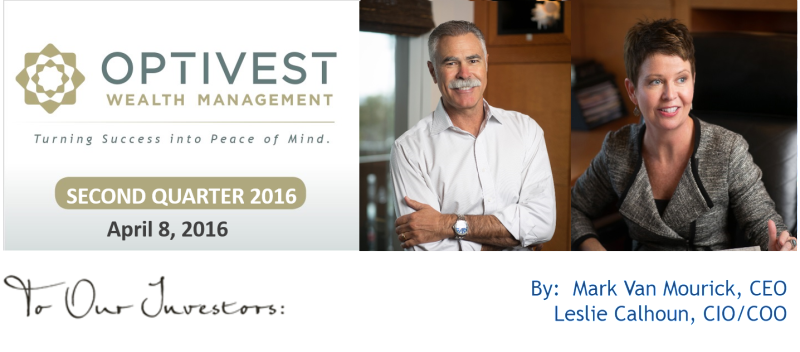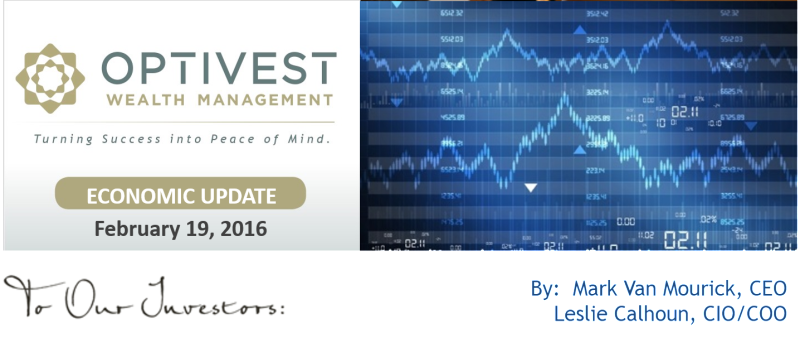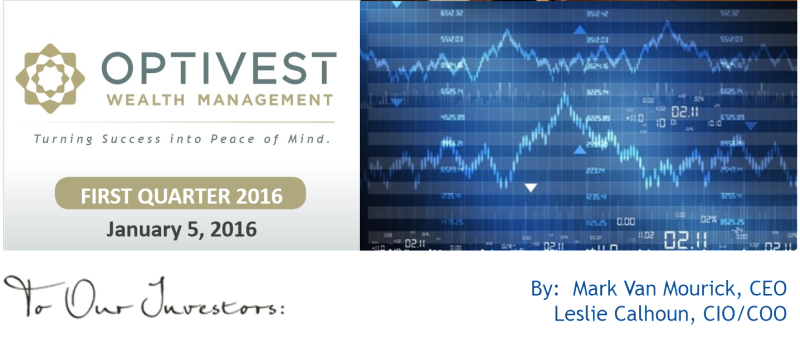
The Volatile Path Back to “Old Normal”
After 2 weeks of absorbing the U.S. election results, watching the financial markets and reading countless market and economic commentaries, we offer the following condensed thoughts.
What was Expected?
While the election was thought to be close, the odds makers and thus the financial markets were clearly expecting a Clinton victory. That meant continued heavy entitlements, higher taxes, very low GDP growth, low inflation and a decent chance of a recession in 2017. All of this led to ultra-low interest rates and a relatively high stock market based on no real alternatives for positive risk based returns.
What Happened?
But Trump won. Now if, and a big if, Trump’s Republican-led houses get their way, we will see lower taxes (lower personal and corporate taxes and no 3.8% Obamacare tax), less regulation and all manner of fiscal stimulus that has so far been absent in our weak recovery over the last eight years. This would lead to higher GDP, higher wages, no recession and eventually higher inflation. The new premise is that we are headed back to the “old normal” of 3-4% GDP, 3%+ 10 year government bonds and higher corporate growth rates. Therefore, valuations multiples would also “normalize” with lower P/E ratios and higher cap rates for real estate.


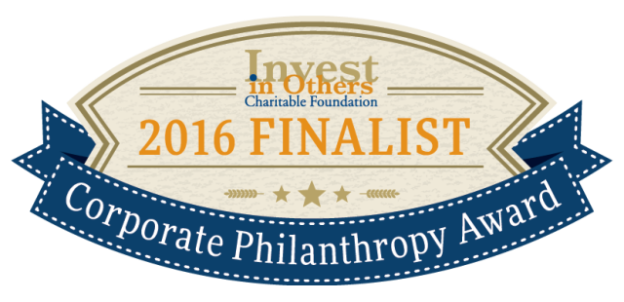

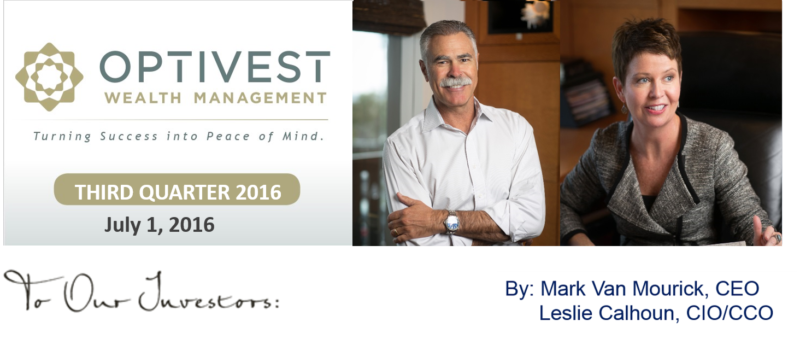
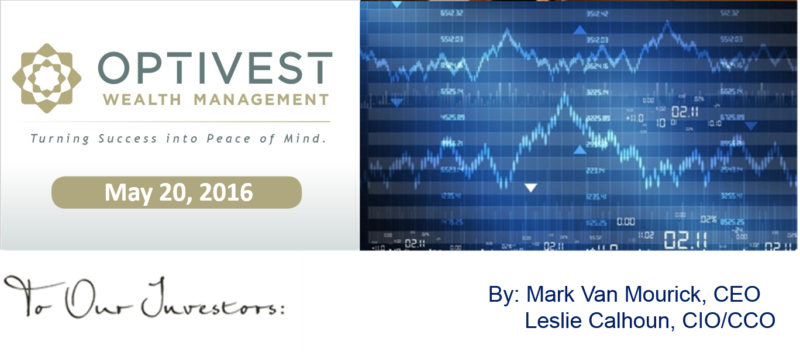 The Most Important Heir to Prepare:
The Most Important Heir to Prepare: